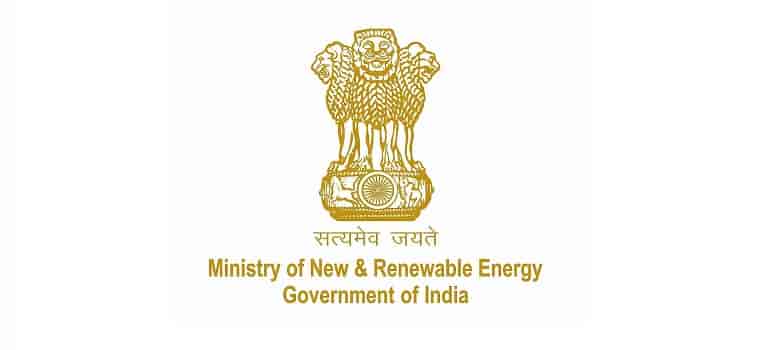Reforms aimed at reducing costs, easing compliance burdens, and enhancing the ease of doing business
In a bid to promote domestic production and streamline the process for solar photovoltaic module manufacturers, the Ministry of New & Renewable Energy (MNRE) has implemented a series of reforms in its Approved List of Models and Manufacturers (ALMM) mechanism.
These reforms aim to reduce costs, minimize the time between application and enlistment, ease compliance burdens, and enhance the overall ease of doing business in the solar industry.
The major reforms introduced by the MNRE include a significant reduction in application and inspection fees.
The application fee has been slashed by 80%, while inspection fees have seen reductions of up to 70% in certain cases.
Additionally, the reforms allow manufacturers to withdraw their applications before factory inspection, with a 90% refund of the application fee.
To facilitate the enlistment process, the validity period for ALMM enlistment has been extended from 2 years to 4 years.
Furthermore, manufacturers can now enlist additional models in ALMM without undergoing factory inspection if they are similar to already enlisted models but have lower wattage.
In terms of administrative improvements, provisional enlistment in ALMM will be granted within 7 days of receiving Bureau of Indian Standards (BIS) registration. Manufacturers will have a time limit of two months for factory enlistment and final enlistment; otherwise, their enlistment will be deemed valid.
The reforms also introduce end-use category-wise minimum module efficiency thresholds for enlistment in ALMM, ranging from 19.00% to 20.00% based on the application.
Commenting on the reforms, Shri B. S. Bhalla, Secretary of MNRE, expressed confidence that these changes would facilitate business operations, support the growth of domestic manufacturing capacity for solar modules, and cater to the current and future demand. He emphasized the significance of the Production-Linked Incentive (PLI) Scheme, which has contributed to the boost in domestic manufacturing capacity and vertical integration of the value chain in India. Shri Bhalla highlighted the bid trajectory, which aims to invite bids for 50 GW of renewable energy annually over the next 5 years, including 40 GW of solar energy capacity. The changes in ALMM charges and regulations align with the government’s objective of enhancing the ease of doing business, reducing compliance burdens, and lowering the charges incurred during the enlistment process.
The ALMM mechanism was introduced by MNRE to ensure the reliability of solar PV module producers, safeguard consumer interests, and enhance the country’s energy security. The order mandates the use of solar PV modules and cells listed in the ALMM for government projects, government-assisted projects, schemes and programs, open access and net-metering projects, and projects set up for the sale of electricity to the government.
However, as of March 10, 2023, the ALMM order has been put on hold for the financial year 2023-24. Consequently, projects commissioned by March 31, 2024, will be exempted from the requirement to procure solar PV modules from the ALMM.
As of now, the ALMM List comprises 91 domestic module manufacturing facilities with a total solar PV module manufacturing capacity of 22,389 MW per year.
Buy Luminous Solar Panel Now
These reforms are expected to bolster the Indian solar industry by promoting indigenous manufacturing capabilities, reducing costs, and attracting investment in renewable energy. With a renewed focus on the ease of doing business, the MNRE aims to accelerate India’s progress towards achieving its renewable energy targets and strengthening the country’s energy infrastructure.


